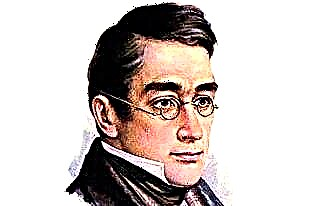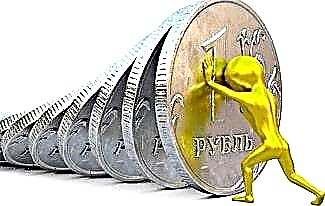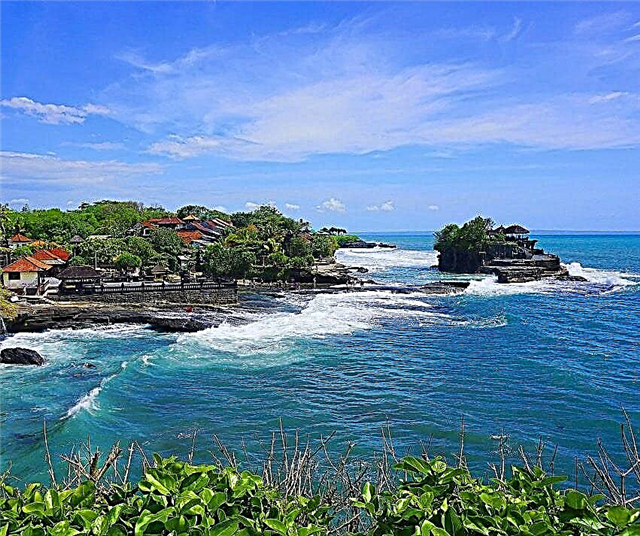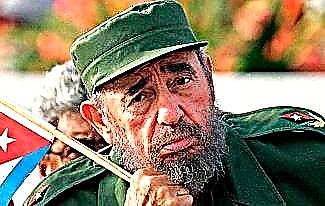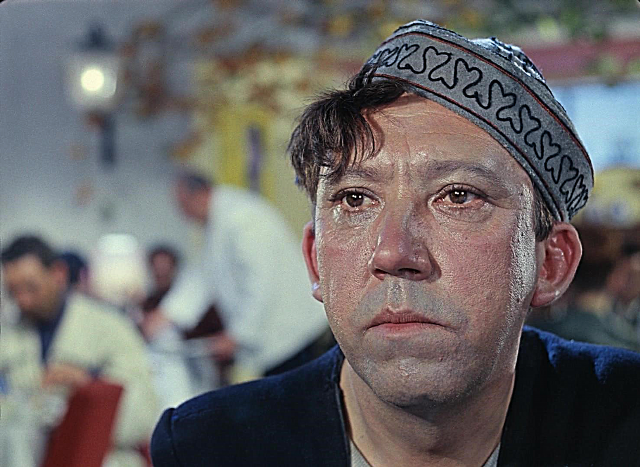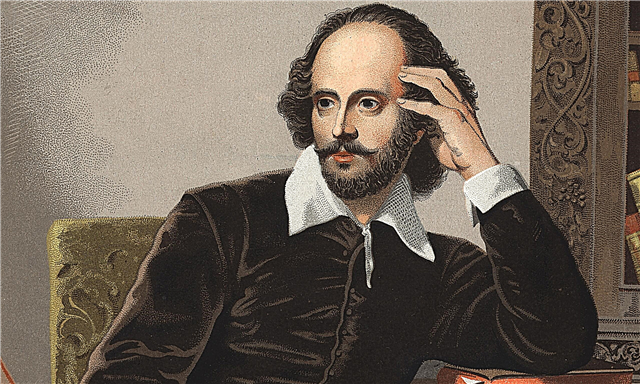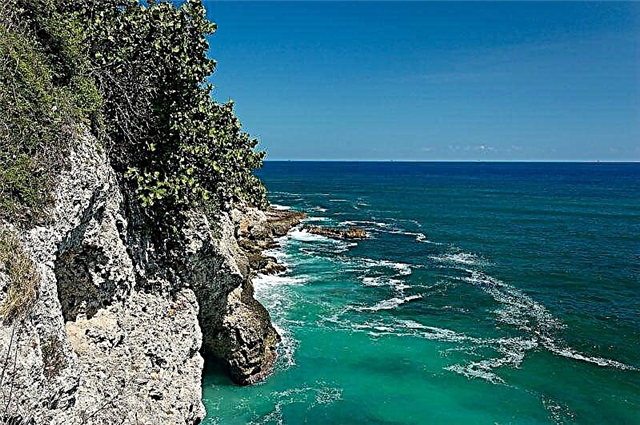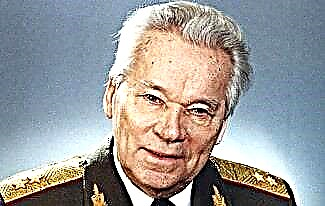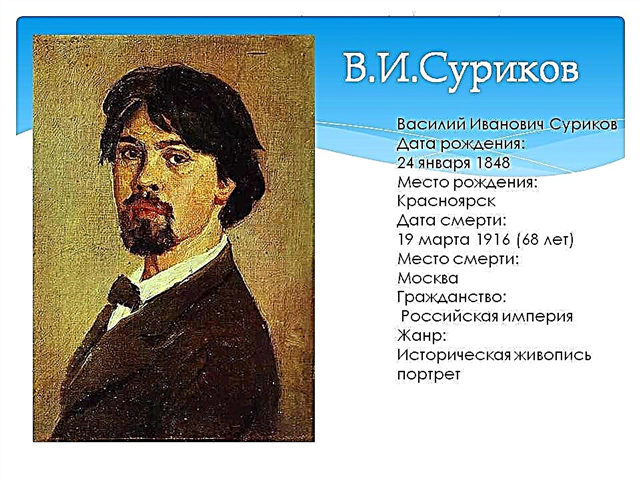The scale of the personality of Vladimir Ivanovich Vernadsky (1863 - 1945) is simply colossal. But in addition to scientific work, he was an excellent organizer, philosopher and even found time for politics. Many of Vernadsky's ideas were ahead of their time, and some, perhaps, still await their implementation. Like all outstanding thinkers, Vladimir Ivanovich thought in terms of millennia. His faith in human genius deserves respect, because it grew in the hardest times of revolutions, the Civil War and subsequent events, fascinating for historians, but monstrous for contemporaries.

1. Vernadsky studied at the First St. Petersburg gymnasium. Now it is St. Petersburg School No. 321. During Vernadsky's childhood, the First Gymnasium was considered one of the best schools in Russia.
2. At the university, among the teachers of Vernadsky were Dmitry Mendeleev, Andrey Beketov and Vasily Dokuchaev. The latter's ideas about the complex essence of nature had a great influence on Vernadsky. Subsequently, the student went much further than Dokuchaev.
3. In the field of politics, Vernadsky went literally on the edge of a knife under all regimes. In the 1880s, he, like the vast majority of the then students, was leftist. A couple of times he was detained by the police, he was acquainted with Alexander Ulyanov, who was subsequently hanged for attempted regicide.
4. After the February Revolution of 1917, Vernadsky worked for a short time in the Ministry of Education. Then, having left for Ukraine, he implemented the initiative of the then ruler Pavel Skoropadsky and organized and headed the Academy of Sciences of Ukraine. At the same time, the scientist did not accept Ukrainian citizenship and was very skeptical about the idea of Ukrainian statehood.
5. In 1919, Vernadsky was sick with typhus and was on the verge of life and death. In his own words, in his delirium, he saw his future. He had to say a new word in the doctrine of the living and die at the age of 80 - 82 years. In fact, Vernadsky lived for 81 years.
6. Under Soviet power, Vernadsky was not subjected to repression, despite such obvious flaws in his biography. The only short-lived arrest occurred in 1921. It ended with a quick release and an apology from the Chekists.
7. Vernadsky believed that the dictatorship of scientists would become the highest stage of the political development of society. He accepted neither socialism, which was being built before his eyes, nor capitalism, and believed that society should be organized more rationally.
8. Despite the very dubious, from the point of view of the 1920s - 1930s, the political views of Vernadsky, the leadership of the USSR highly appreciated the work of the scientist. He was allowed to subscribe to foreign scientific journals without censorship, while even in specialized libraries, dozens of pages were cut out from publications like Nature. The academician also corresponded freely with his son, who lived in the United States.
9. Despite the fact that the foundations of the theory of the noosphere as an area of interaction between the human spirit and nature were developed by Vernadsky, the term itself was proposed by Edouard Leroy. The French mathematician and philosopher attended Vernadsky's lectures at the Sorbonne in the 1920s. Vernadsky himself first used the term "noosphere" in an article published in France in 1924.
10. Vernadsky's ideas about the noosphere are very utopian and are practically not accepted by modern science. Postulates like “Population of the entire planet by man” or “Entry of the biosphere into space” are so vague that it is not possible to determine whether this or that milestone has been reached or not. People have been on the moon and are regularly in space, but does this mean that the biosphere is going into space?
11. Despite the criticism, Vernadsky's ideas about the need for a purposeful transformation of nature are undoubtedly true. Any more or less global impact on nature must be calculated, and its consequences taken into account in the most careful way.
12. Vernadsky's achievements in applied science are much more interesting. For example, the only uranium deposit suitable for development in the creation of nuclear weapons was discovered in Central Asia by an expedition initiated by Vernadsky.
13. For 15 years, starting under the tsar, Vernadsky headed the Commission for the Development of Productive Forces. The findings of the commission formed the basis for the GOELRO plan - the first large-scale plan for reorganizing the economic complex in the world. In addition, the Commission studied and systematized the raw material base of the USSR.
14. Biogeochemistry as a science was founded by Vernadsky. He founded the first biogeochemical laboratory in the USSR, later transformed into the Research Institute, which bears his name.
15. Vernadsky made a great contribution to the study of radioactivity and the development of radiochemistry. He created and headed the Radium Institute. The institution was engaged in the search for deposits of radioactive materials, methods of enrichment of their ores and the practical use of radium.
16. For the 75th anniversary of Vernadsky, the Academy of Sciences published a special two-volume edition dedicated to the anniversary of the scientist. It included the works of the academician himself and the work of his students.
17. On his 80th birthday, V. Vernadsky received the Stalin Prize of the first degree on the basis of his merits to science.
18. Vernadsky's cosmism has nothing to do with what they began to mean by this concept, and even adding to it "Russian", in the second half of the 20th century. Vernadsky firmly adhered to natural science positions, only admitting the possibility of the existence of phenomena not yet known by science. Esotericism, occultism and other pseudoscientific attributes were brought to cosmism much later. Vernadsky called himself an agnostic.
19. Vladimir Vernadsky and Natalya Staritskaya have been married for 56 years. The wife died in 1943, and the seriously ill scientist was never able to recover from the loss.
20. V. Vernadsky died in Moscow in January 1945. All his life he was afraid of a stroke, from the consequences of which his father suffered. Indeed, on December 26, 1944, Vernadsky suffered a stroke, after which he lived for another 10 days.

